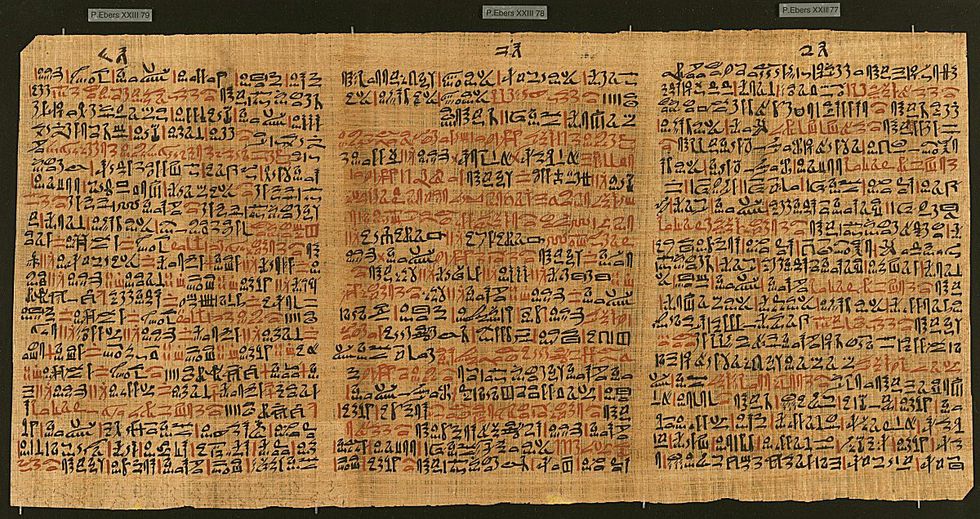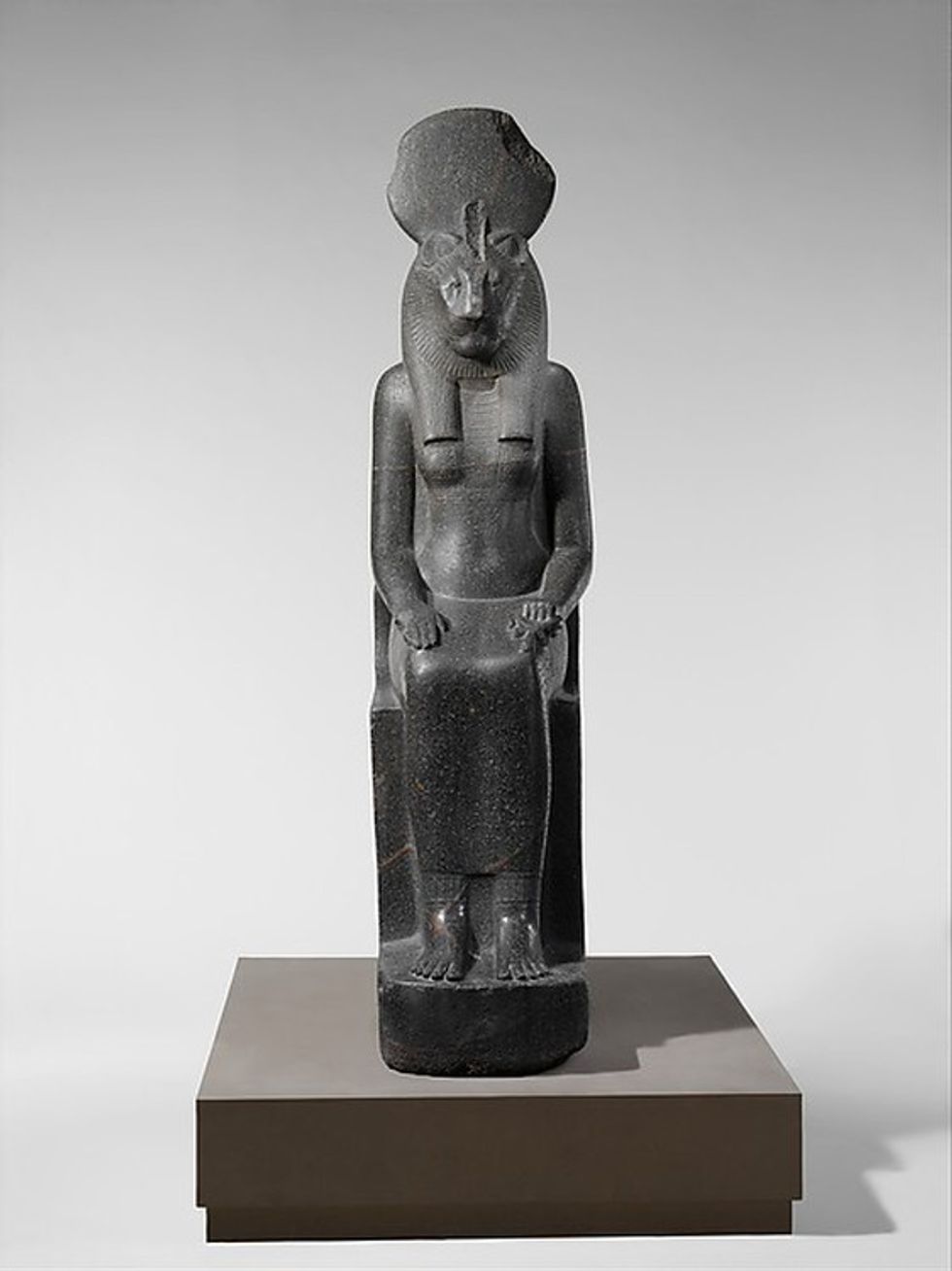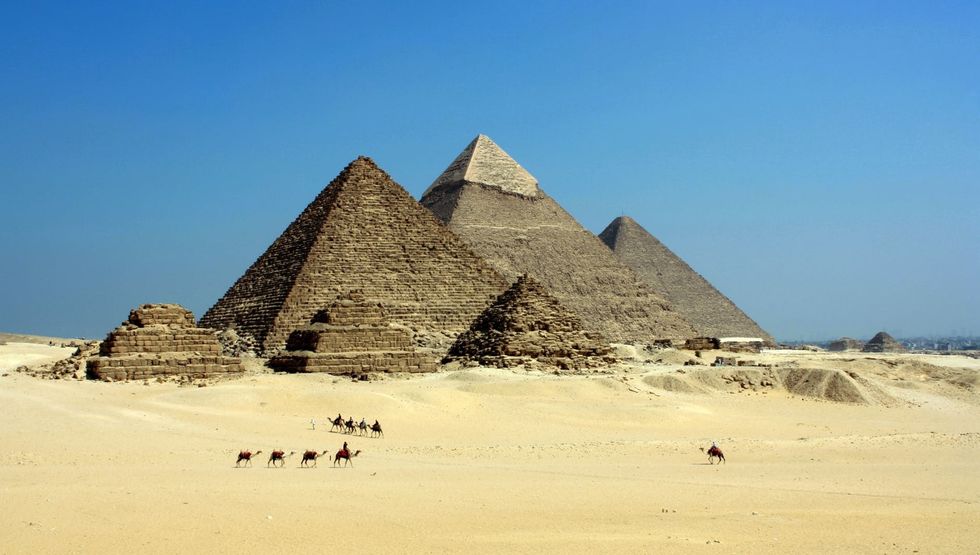One of today's most pressing issues deals with the relationship between science and religion. Society here in the United States seem to pit these two values against each other, which results in many people disbelieving the value and importance of science. This is dangerous.
For example, from 2001 to 2015, it was reported that there were 2,012 cases of measles in the United States, with the number of cases increasing in these past few years. Even though these are large numbers, the lack of an available vaccine for measles meant that the situation was much worse in the past. In 1958 alone, it was reported that there were more than 750,000 cases of measles in the United States alone.
The development of a measles vaccine has saved countless lives throughout the course of its history; it is clear that these vaccines work. Although there is no denying that vaccines aren't perfect, a public distrust of the scientific community poses a dire threat to society as a whole. Though this threat has been brought about by multiple reasons, it is without a doubt that the conflict between science and religion is one of the largest contributing factors. Though it may seem like this conflict between science and religion has had a long and established history (and one may argue that it certainly does), the situation was not always so.
As alluded to by the title of this article, the culture of the ancient Egyptians teaches us an important message on how the values of science and religion can healthily interact with one another. There is no doubt that the ancient Egyptian's use of the scientific method was way ahead of the other cultures of that time. The ancient Egyptians understood the importance of cleanliness in medicinal practices, kept medical journals to diagnose diseases, performed medical experiments and procedures and realized the importance of herbs and nutrition to treat and prevent illness.
The ancient Egyptians believed that illnesses were caused by the gods, and they regarded such afflictions as consequences of sin. Therefore, they believed that cleansing the body of such evil was a way to cure these illnesses.
A balance of pharmaceuticals and incantations were used as treatments for common ailments and everyday complaints. For example, the below ingredients listed in the Egyptian text of the Ebers Papyrus were used to treat a headache.

Translation: To refresh an aching head: Flour, 1; incense, 1; wood of wa, 1; waneb plant, 1; mint (?), 1; horn of a stag, 1; sycamore (?) seeds, 1; seeds of the [(?)], 1; mason's plaster (?), 1; seeds of zart, 1; water, 1; mash, apply to the head.
Additionally, the translated spell that is listed below was also recorded as a remedy to treat the common cold. This spell refers to "catarrh," which is a buildup of mucus as a result of the inflammation of the mucus membrane: "May you flow out, catarrh, son of catarrh, who breaks the bones, who destroys the skull, who hacks in the marrow, who causes the seven openings in the head to ache."
More importantly, prayers to the gods - especially to Sekhmet, the goddess of healing, were hoped to be effective to combat illnesses. In the statue inscription of Montemhet, the 4th prophet of the god Amen, Montemhet prays to his god: I bow down to your (i.e. Amen's) name, May it be my physician, May it drive pain away from me.
More importantly, prayers to the gods--especially to Sekhmet, the goddess of healing--were hoped to be effective in combatting illnesses. In the statue inscription of Montemhet, the fourth prophet of the god Amen, Montemhet prays to his god: "I bow down to your (i.e. Amen's) name, may it be my physician, may it drive pain away from me."

As shown, the Ancient Egyptians believed in a balance between using physical remedies and faith to cure their illnesses. Although most of the described Egyptian pharmaceuticals were obviously ineffective and the prayers to the gods to cure illnesses were feeble, the Egyptian belief in the relationship between science and faith can be used to teach us a powerful lesson.
As the ancient Egyptians integrated both science and magic into their cures for illnesses, their ideals remind us that science and religion do not have to conflict with one another. Instead, they are able to healthily coexist.

















